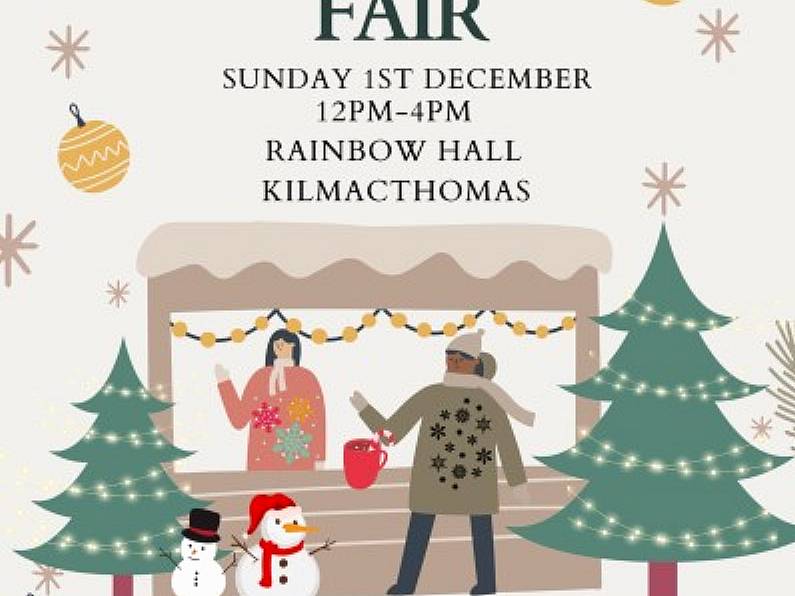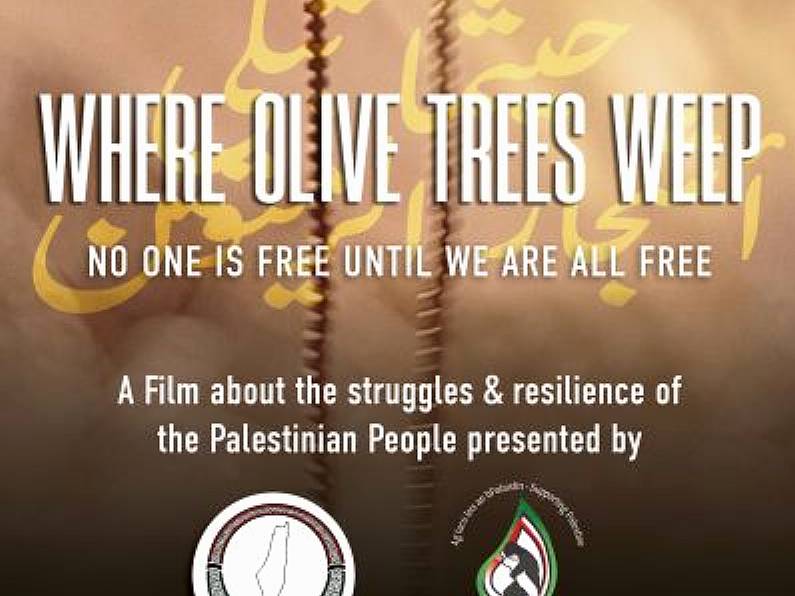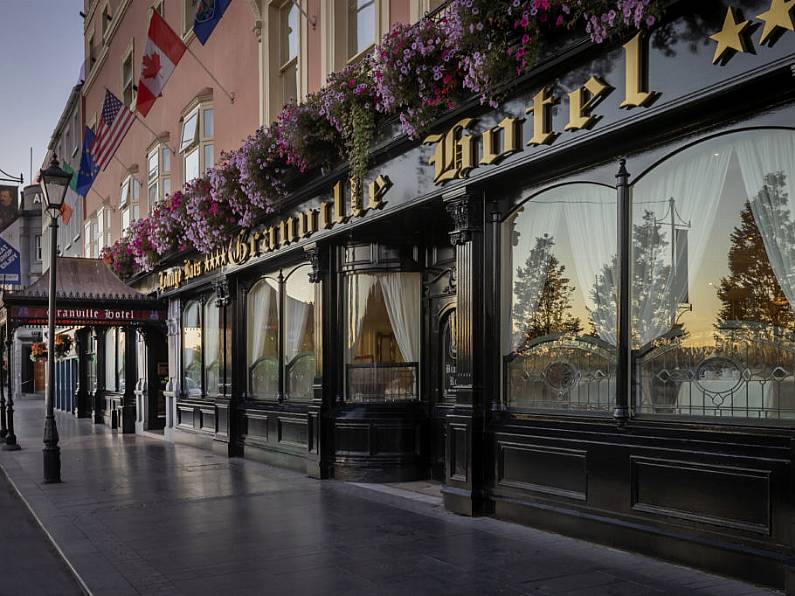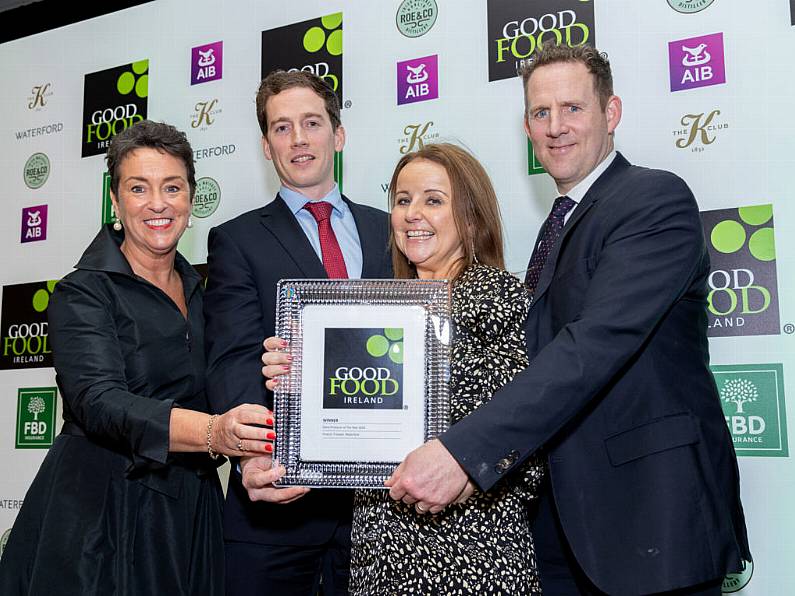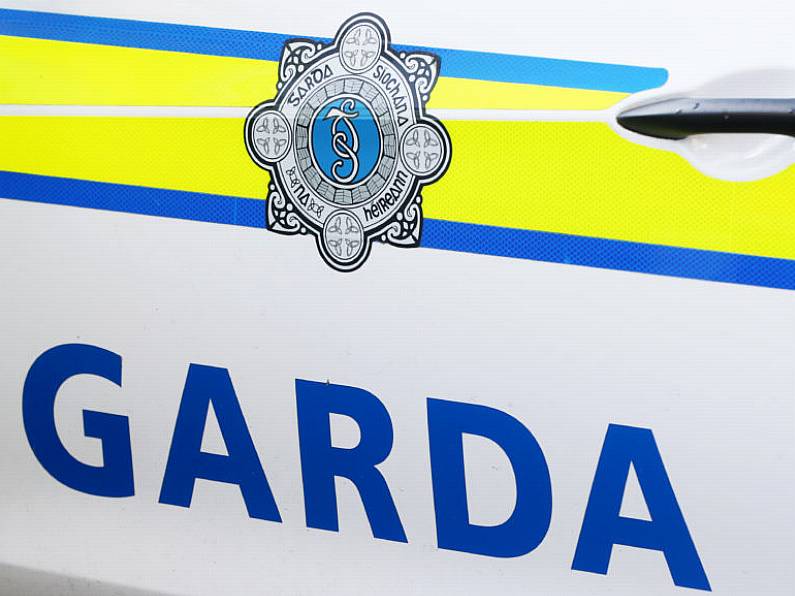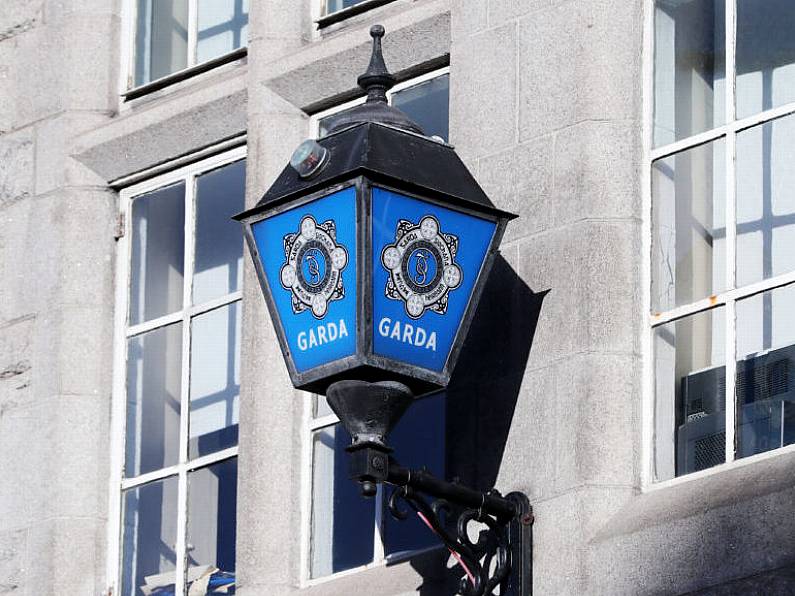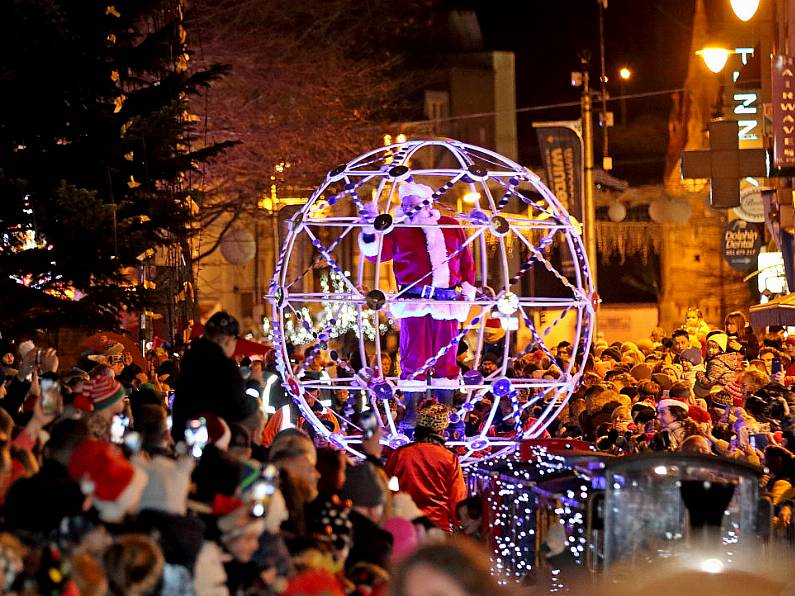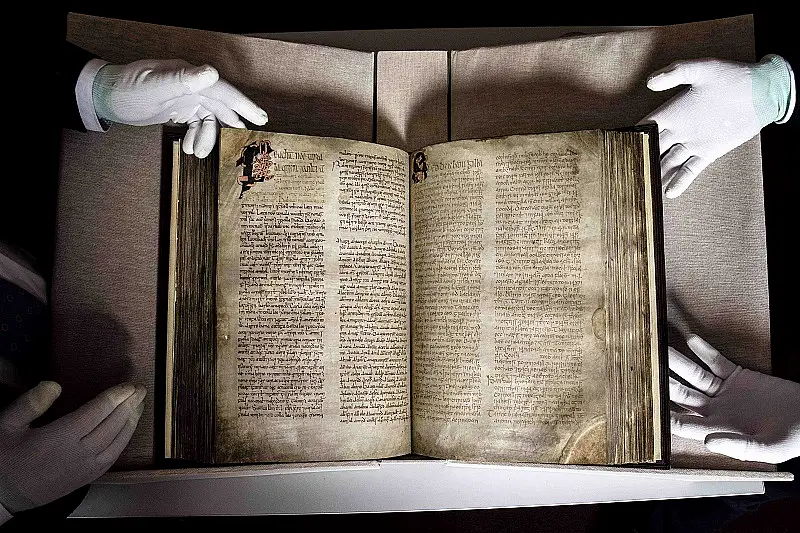
The historic Book of Lismore has been donated to University College Cork.
The 15th-century manuscript consists of 198 large vellum folios and contains some of the greatest masterpieces of medieval Irish literature.
The Book of Lismore has been in the possession of the Cavendish Family and their ancestors since the 1640s and kept at Lismore Castle, County Waterford, and in more recent times at Chatsworth House in Derbyshire.
The Book was compiled for Fínghin Mac Carthaigh, Lord of Carbery (1478–1505) and became known as Leabhar Mhic Cárthaigh Riabhaigh. The book begins with religious-themed material, mainly lives of the Irish saints and apocryphal tales associated with them, before passing on to material in translation: the History of the Lombards and the Conquests of Charlemagne.
The Book also contains the only surviving translation in Irish of the travels of Marco Polo, which adds to the exotic, outward-looking ambience of the manuscript. Marco Polo is followed by a collection of native, secular texts dealing with the theme of Kingship. The Book concludes with the exploits of the popular mythological hero Fionn mac Cumhaill and the Fianna, as told in the lengthy tale known as Agallamh na Seanórach.

Crónán Ó Doibhlin, Head of Research Collections, UCC Library with The Book of Lismore.
Its contents are comprehensive in their representation of both religious and secular learning in the Irish language as preserved and promoted by the elite learned classes of late medieval Ireland. In its design and execution, and in its combination of native and European tradition, The Book of Lismore is a library of literature that makes a self-assured statement about aristocratic literary taste in autonomous Gaelic Ireland in the late 15th century.
The Book of Lismore will eventually be displayed in a Treasures Gallery that UCC plans to develop in its Boole Library. This publicly accessible gallery will display items from the University collections, serving as an attractive destination for visitors to the region. The Trustees of the Chatsworth Settlement and the Cavendish Family are supportive of this Treasures Gallery project and are keen to enable the University to achieve its aim to make important material such as The Book of Lismore accessible to the general public in an educational context.
The Duke of Devonshire stated “Ever since the Book of Lismore was loaned to University College Cork for an exhibition in 2011, we have been considering ways for it to return there permanently. My family and I are delighted this has been possible, and hope that it will benefit many generations of students, scholars and visitors to the university.”
Successive UCC Presidents have maintained and enjoyed good relations with the Dukes of Devonshire, extending as far back as the establishment of the University in the 1840s when the site for the new Queen’s College was chosen alongside lands then owned by the 6th Duke, and who’s successor, the 8th Duke later became a sponsor of the University Observatory and a significant donor to the University’s Model Farm School (Munster Institute).
The Interim President of UCC, Professor John O’Halloran stated “This is a very historic moment for University College Cork. The Book of Lismore is a vital symbol of our cultural heritage. The donation of the Book of Lismore to UCC Library emphasises the central connection between Cork and Gaelic learning through the ages. This extraordinary act of generosity by the Duke of Devonshire reaffirms the shared understanding between our respective countries and cultures, an understanding that is based on enlightenment, civility and common purpose.”
The Trustees of the Chatsworth Settlement would like to recognise the generous support of the Friends of the National Libraries (UK) in making the donation to UCC possible. The Book of Lismore will now form the foundation for the coordinated study of the Gaelic manuscript – text, script and structural components – in UCC at undergraduate and postgraduate levels.
University College Cork is delighted to announce that The Book of Lismore has been donated by the Trustees of the Chatsworth Settlement to UCC.
Join us online for a special virtual event at 11am this morning as we welcome this great book home.https://t.co/KgXjB702Sj.— UCC Ireland (@UCC) October 28, 2020






